|
“When you realize there is nothing lacking, the whole world belongs to you.” -Lao Tzu Yoga asks us to dip below the surface of the imperfect world created by our imaginations and connect to the divinity that underlies our existence. Through this statement, I’m reminded of my favorite lines from The Sound of Music, “I have confidence the world can all be mine!” In the 1960s, the movie The Sound of Music used some locations in and around Salzburg and the state of Salzburg. The movie was based on the true story of Maria von Trapp who took up with an aristocratic family and fled the German Anschluss. Santosha is about contentment. Contentment is not complacency, it is reverence. It comes from the yoga philosophy Niyama, the second pedal or limb, that explores our self-discipline and relationship with our inner mind. It means being happy with what we have rather than being unhappy about what we don't have. Santosha requires our willingness to enjoy exactly what each day brings, whether that is a lot or a little. Santosha is similar to gratitude (Learn more about gratitude in this article by Trishna Patnaik). Only when we can be content in the midst of difficulty can we be truly free. Like Julie Andrews proclaims during the scary storm, “When the dog bites, when the bee stings, when I’m feeling sad, I simple remember my favorite things, and then I don’t feel so bad!...Raindrops on roses, whiskers on kittens, bright copper kettles and warm woolen mittens...cream colored ponies and crisp apple strudels…wild geese that fly with a moon on their wings…silver white winters that melt into spring, these are a few of my favorite things!” Santosha is awareness of how we evaluate ourselves and our surroundings. Judgement and distraction are like the rain, and you are like the earth. The rain comes and goes, but the earth remains. We cannot practice contentment and continue to identify with our darkness. This goes along with an acceptance that there is a purpose for everything. When we accept that life is a process for growth, all of the circumstances and experiences we create for ourselves become valid teachers and vehicles for expressing our highest nature. Through accepting that there is a purpose for everything (yoga calls it karma) we can cultivate contentment and compassion, for ourselves and for others. When we view all events as opportunities to grow, to encounter our own magnificence. When we view things in this light, there are not good events or bad events, only moments in which to shine. After my recent trip to Salzburg, regardless of my struggles with money budget, aches of travel, and inconveniences of weather, I consider this part of the world to be a complete fantasy land full of prosperity with dreaming spires, green hills and romantic gardens. I was in a state of total bliss for my 3 days here as I was truly grateful for this experience. Everywhere you go, the scenery, the skyline, the music and the history send your spirits soaring higher than Julie Andrews' octave-leaping vocals. Admittedly, it is difficult not to spontaneously burst into song when you're walking along the Salzach River, or climbing up to the Hohensalzburg fortress which looms over the city. In our physical daily yoga practice we have to opportunity to practice Santosha by being still, with an open heart and mind, in yoga poses that we like and in poses that we don’t like. How do you find contentment? Please share your comments below!
1 Comment
Becky Anderson
1/14/2016 07:28:31 am
I love the Sound of Music and your association of it with positive outlook.
Reply
Your comment will be posted after it is approved.
Leave a Reply. |
Hannah Faulkner
|
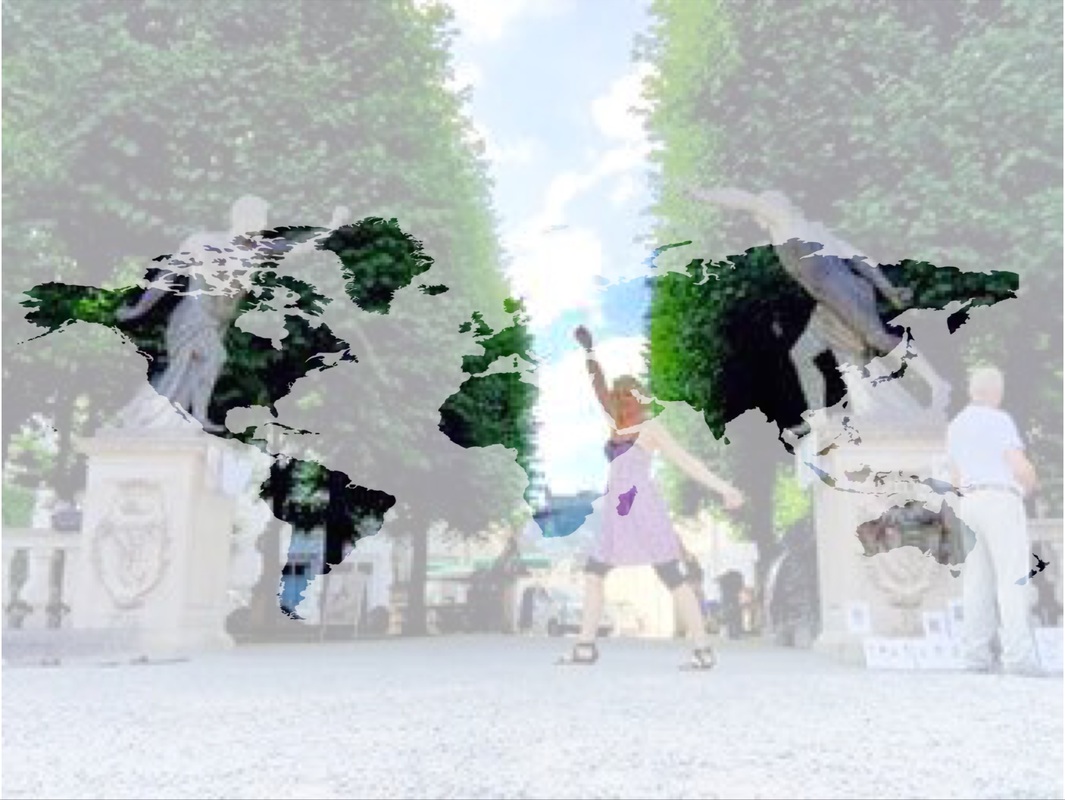
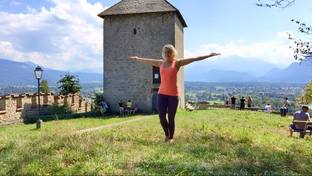
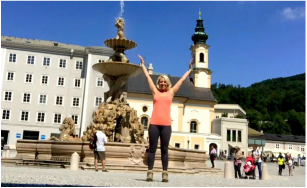
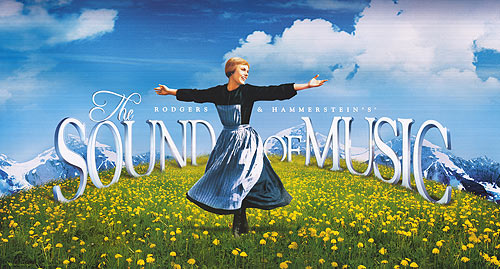

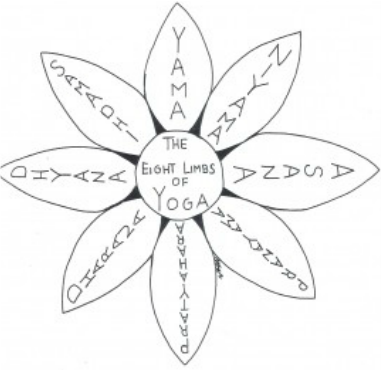


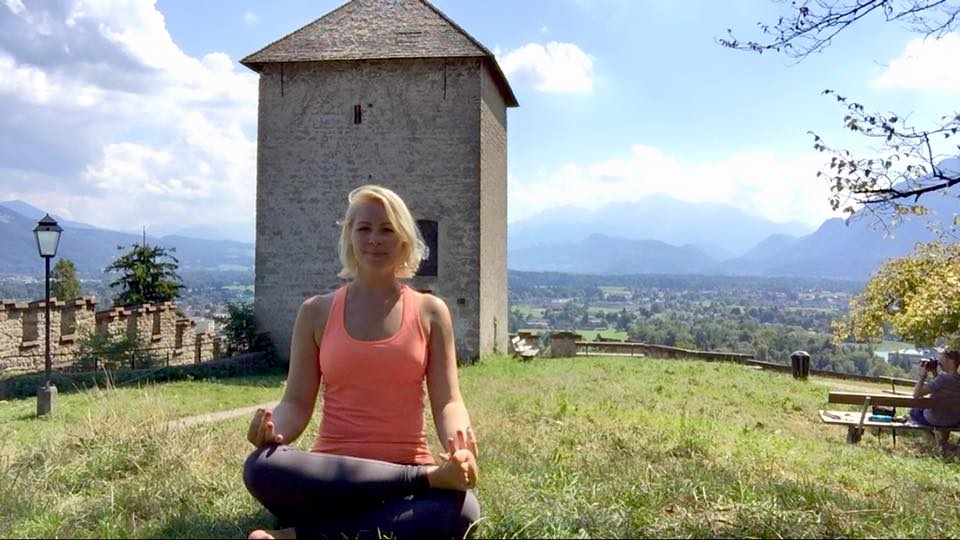
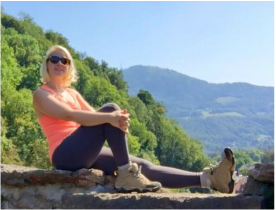

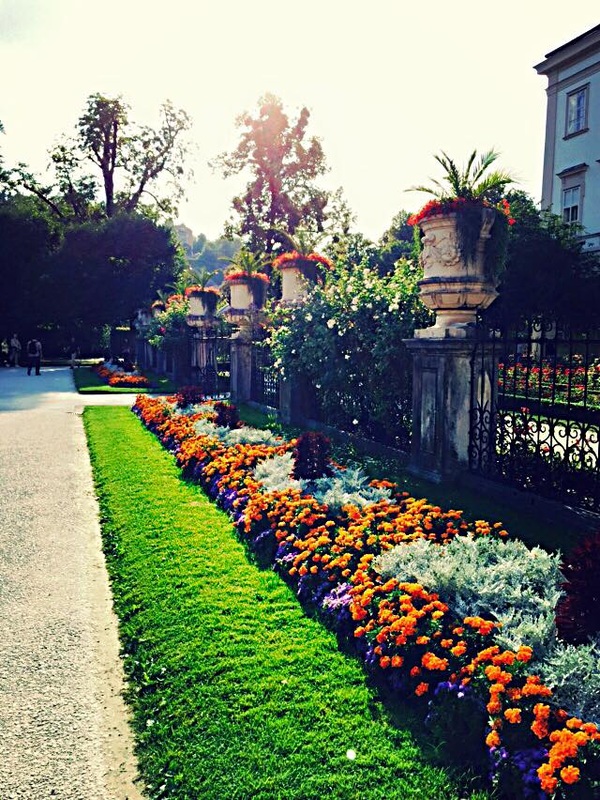

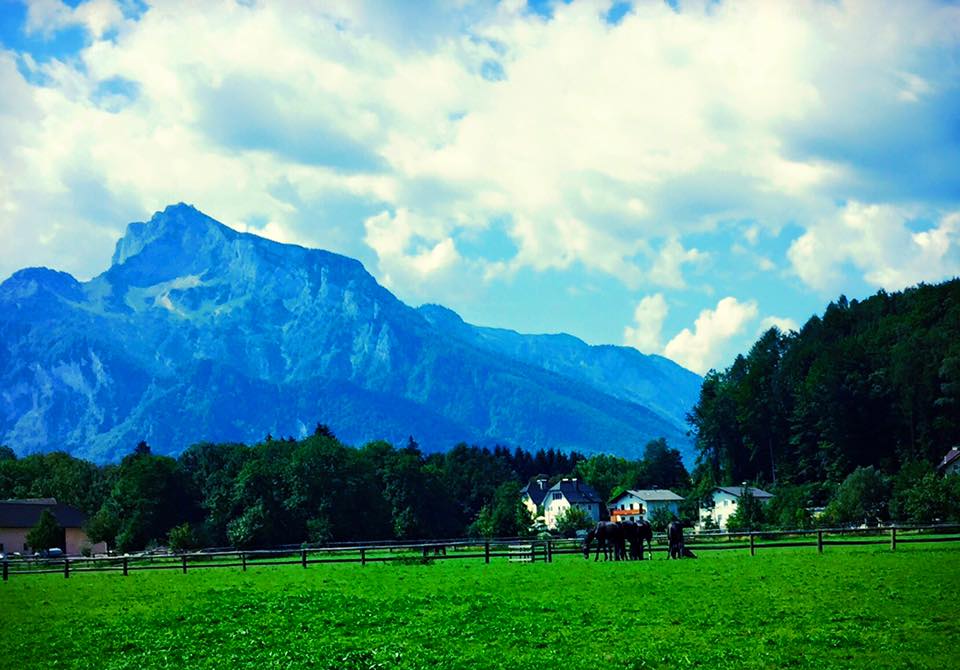
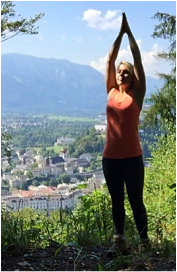
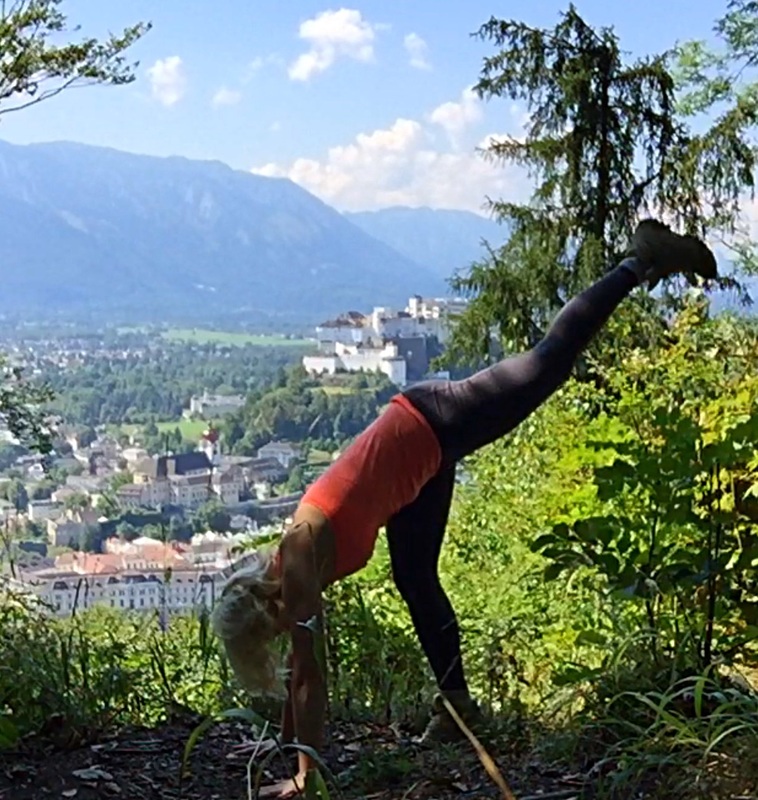
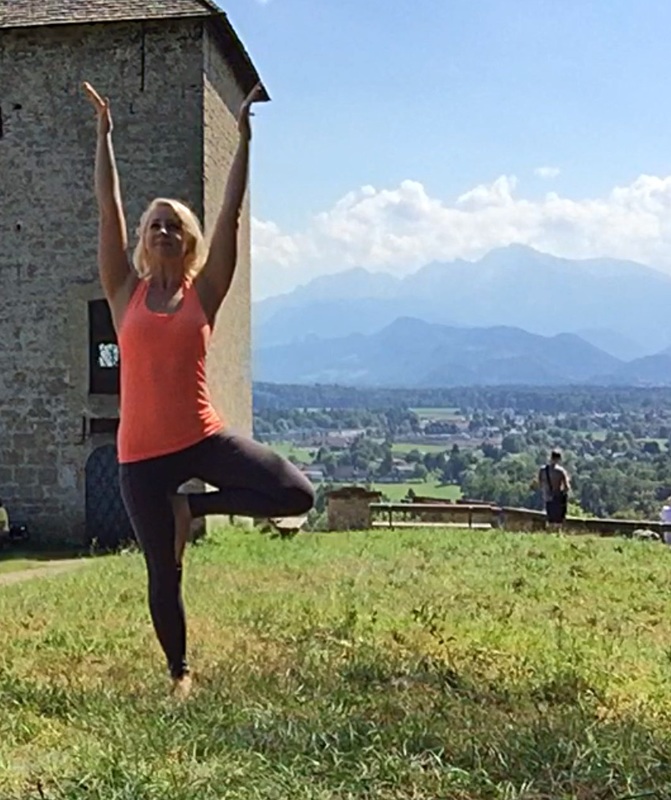


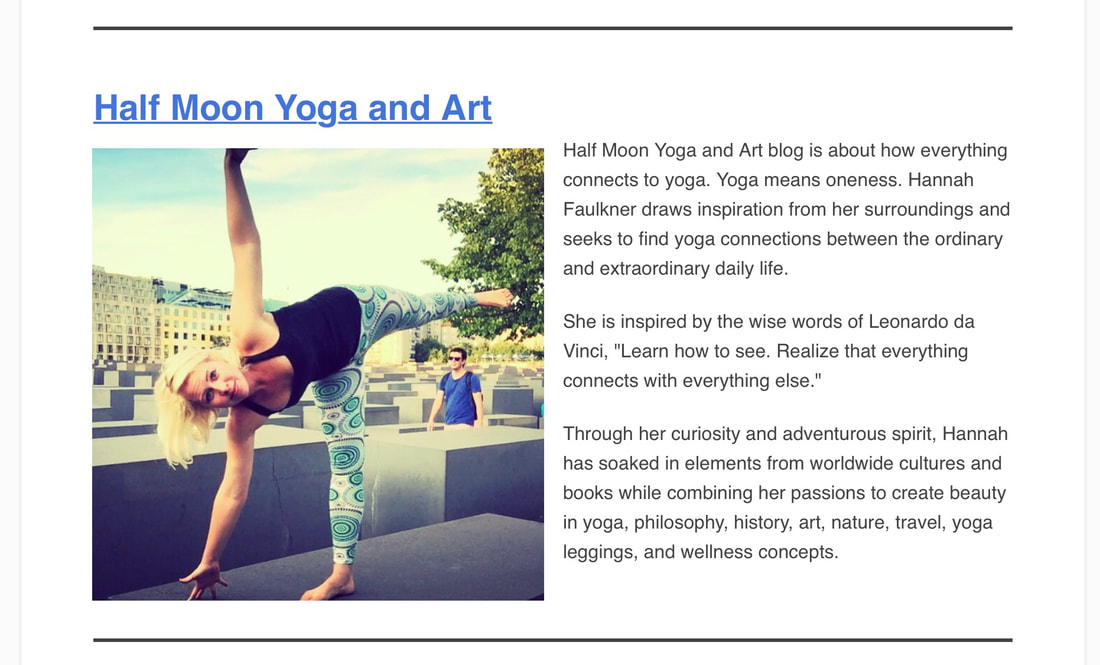




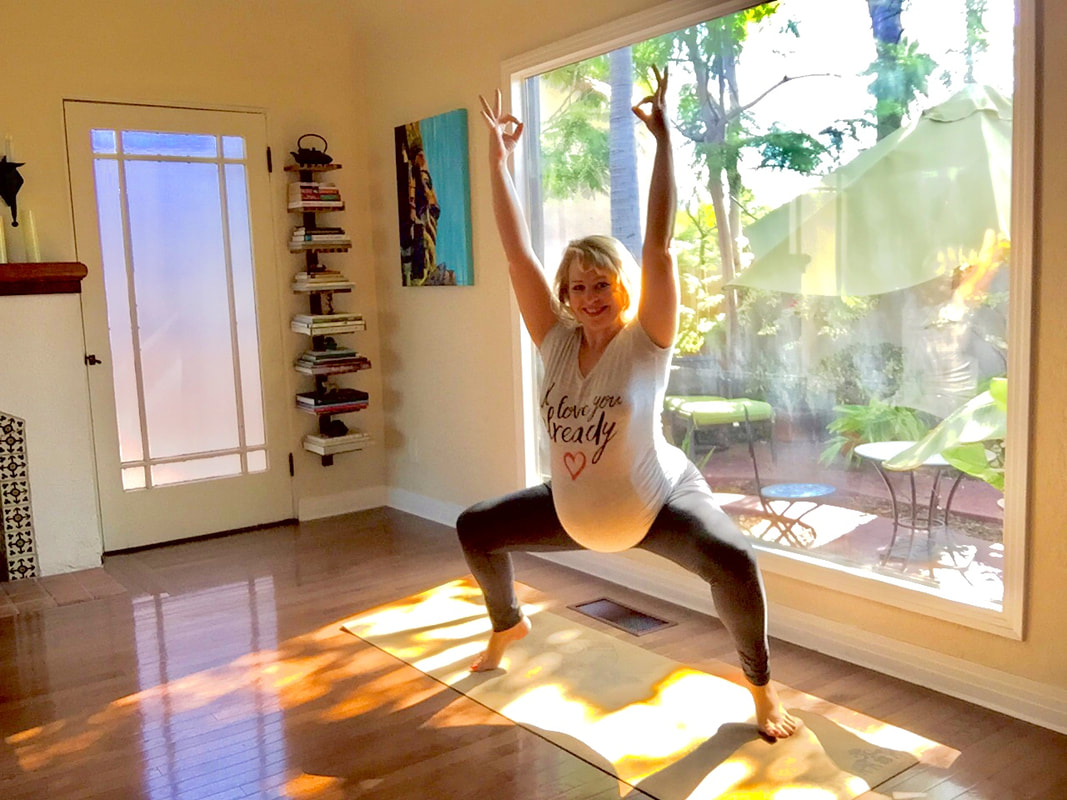
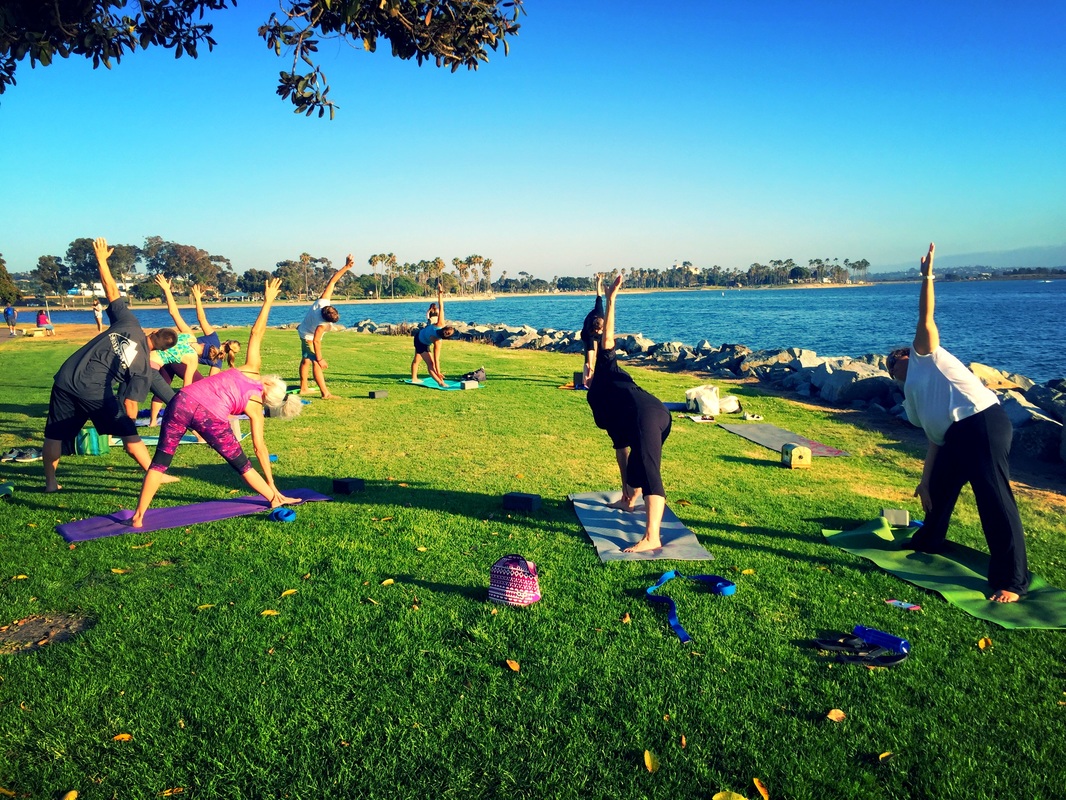
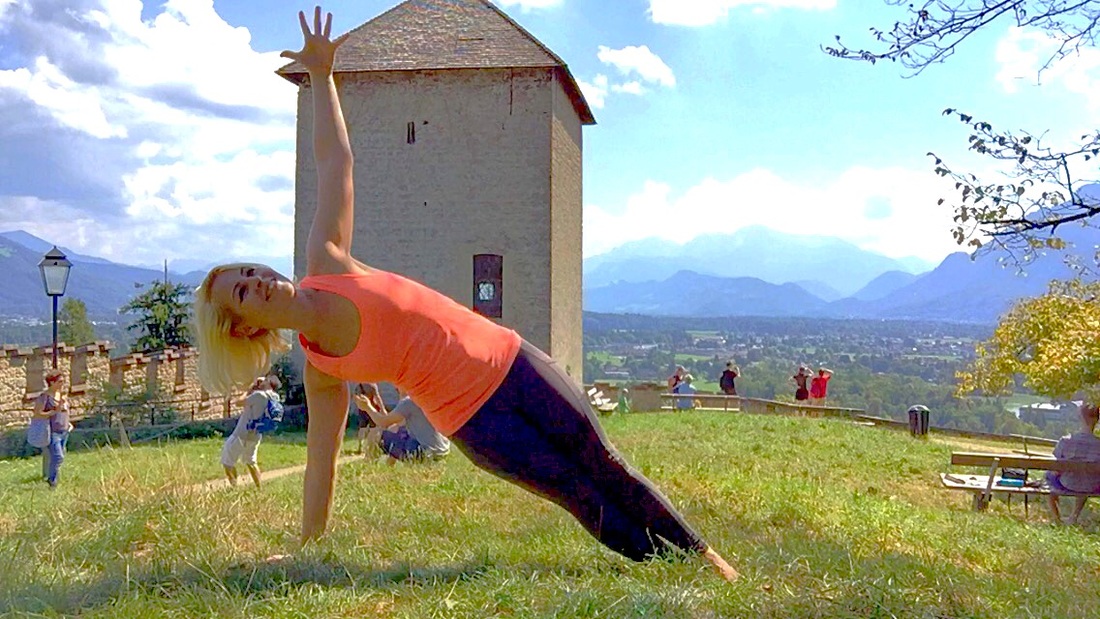
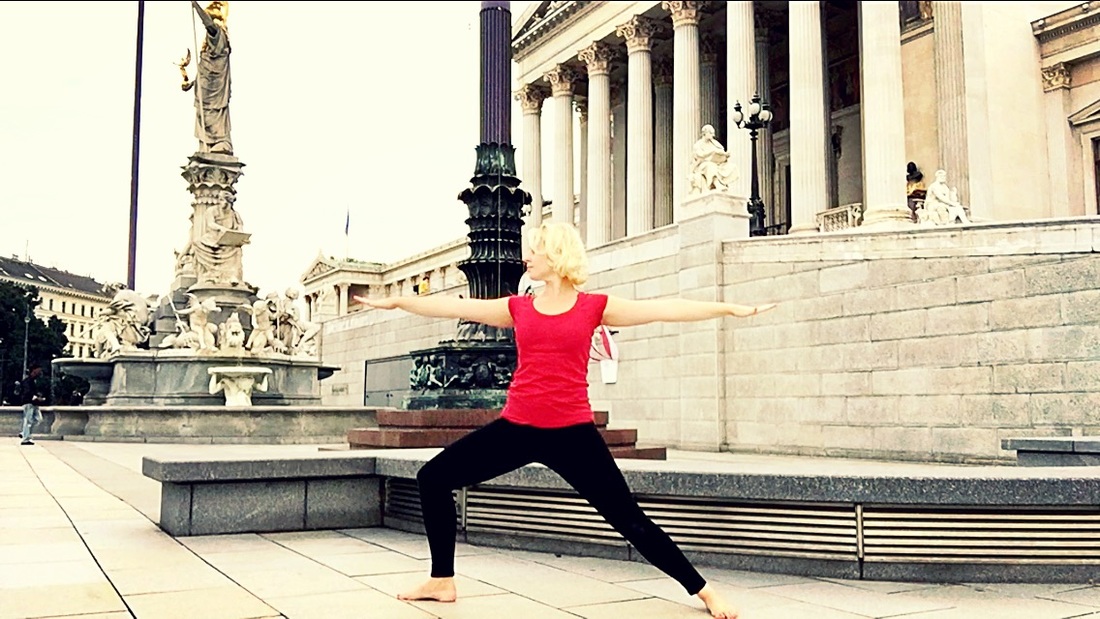

 RSS Feed
RSS Feed